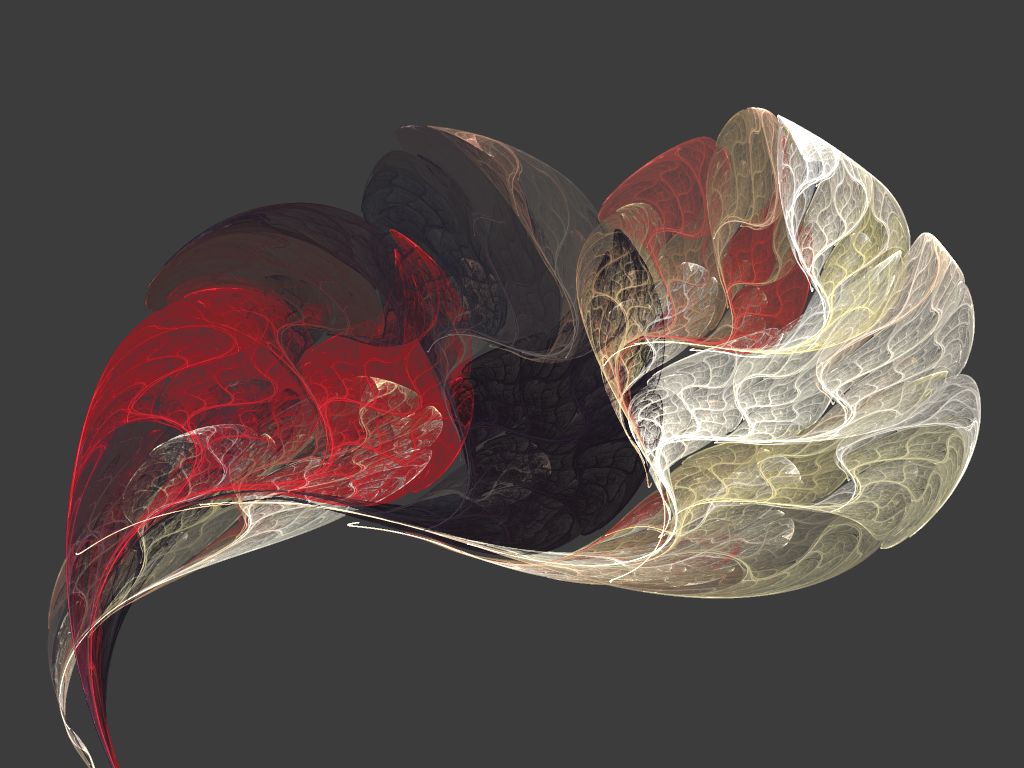Embedding ethics throughout the research process is essential to the conduct of science in service of society. At NIH, we are committed to this principle as identifying ethical issues early on can help researchers anticipate and prospectively address potentially important challenges that may impact public trust or uptake of research findings. Additionally, by developing practices, informed by lessons from bioethics studies, researchers can design more meaningful studies to achieve scientific and public health goals.
OSP has long promoted an integrated bioethics vision and strategy across NIH through a variety of mechanisms. These include hosting a symposium on the integration of bioethics and biomedical research, coordinating NIH committees on bioethics, and funding Institute and Center-supported bioethics workshops and grants. Another important mechanism is the awarding of administrative supplements for research and capacity building related to bioethical matters. Over the past four years, NIH has awarded over 120 supplements spanning most of NIH’s 27 Institutes and Centers (ICs). These administrative supplements have helped support bioethics research in a wide range of fields including: human genome editing, citizen science, organoids, biobanks, and many others.
Recently, NIH published a Notice of Special Interest (NOSI) for a new round of administrative supplements available in FY 2023. This year’s funding announcement was issued by 23 NIH ICs as well as several components of the NIH Office of the Director. In addition to describing priority areas for OSP, the NOSI also lists areas of specific interest to each IC. Interested applicants may propose to supplement parent awards focused on bioethics or to address a component related to bioethics in a biomedical and/or health-related behavioral research study. Applications will be accepted until February 17, 2023.
These administrative supplements are a unique opportunity to enhance the science that researchers are conducting, and I encourage all interested investigators to apply. The NIH administrative supplement program has already helped build a significant bioethics evidence base in multiple policy areas. As the program continues, we hope to build on this success by addressing acute policy issues and helping the broader scientific community practice the best science possible. While the terms bioethics and biomedical research might not roll of the tongue as easily as peanut butter and jelly, the pairing is certainly just as sweet.






